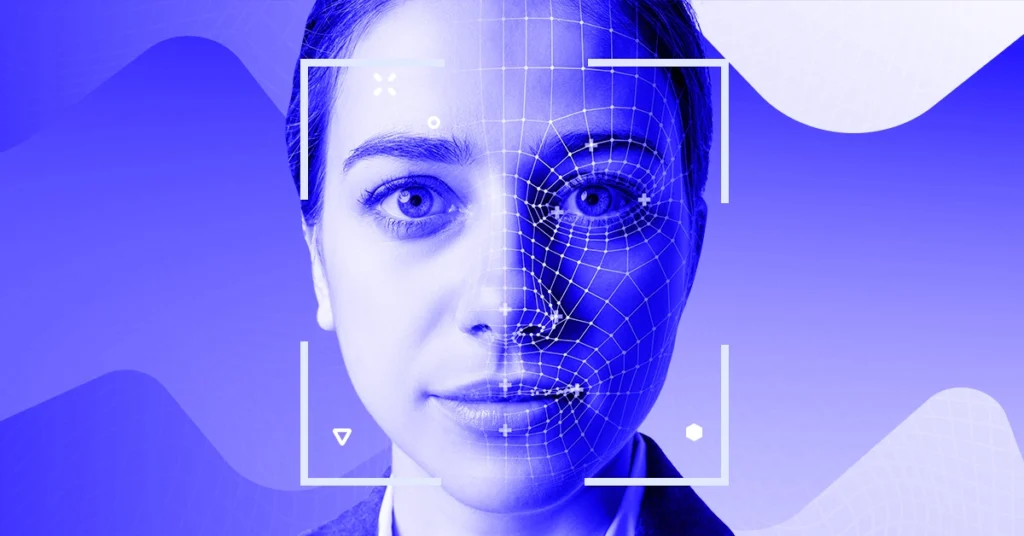AI-enhanced microchip mimics human brain pathways for revolutionary healthcare diagnostics

AI News: AI-Enhanced Microchip Mimics Human Brain Pathways for Revolutionary Healthcare Diagnostics
The realm of artificial intelligence (AI) continues to stretch the boundaries of what is possible in healthcare. A pivotal development in this technological journey is the advent of AI-enhanced microchips that mimic human brain pathways. This transformative technology is set to revolutionize healthcare diagnostics, providing unprecedented insights and efficiency. In this blog post, we delve into how these innovative microchips work, their potential impact on healthcare, and what the future holds.
—
**Understanding AI-Enhanced Microchips**
AI-enhanced microchips represent a confluence of neuroscience and cutting-edge AI technology. Unlike traditional microchips that perform linear and sequential processing, these new chips are designed to emulate the parallel and network-based processing of the human brain. They incorporate advanced neural networks that understand and analyze complex data sets akin to human cognition.
These microchips achieve their functionality through neuromorphic computing, a design architecture that supports neural mimicry. This involves using artificial neurons and synapses to replicate the function of biological neurons, allowing the chip to process information in a manner similar to human cognitive processes. This capability significantly enhances the speed and efficiency of data processing, making real-time diagnostics feasible.
—
**Applications in Healthcare Diagnostics**
The potential applications of AI-enhanced microchips in healthcare diagnostics are vast. One of the most promising applications lies in the early detection and monitoring of neurological diseases. Disorders such as Alzheimer’s, Parkinson’s, and epilepsy could be diagnosed more accurately by analyzing complex neural pattern data through these sophisticated chips.
Moreover, in oncology, these microchips can analyze large quantities of medical imaging data to identify cancerous patterns that might evade the human eye. For instance, they can detect minute anomalies in mammograms or CT scans, which are crucial for early-stage cancer detection. This capability not only increases diagnostic accuracy but also provides a crucial early intervention window.
In cardiology, AI-enhanced microchips can continuously monitor patient heart activity and effectively predict potential cardiac events. By analyzing vast datasets of electrocardiogram (ECG) readings, these chips can identify warning signs that might otherwise go unnoticed until it’s too late.
—
**Examples of AI-Enhanced Microchip Technology**
Several tech companies and research institutions are pioneering in the development of AI-enhanced microchips. For example, IBM’s TrueNorth chip is designed to mimic the efficiency of the human brain, utilizing 4,096 processor cores to create a million neurons and 256 million synapses. TrueNorth has been employed in various healthcare applications, demonstrating its potential in diagnostics and patient monitoring.
Another noteworthy mention is Intel’s Loihi chip, which uses neuromorphic principles to facilitate machine learning tasks. This chip is particularly skilled at solving optimization problems and interpreting sensory data, which are crucial skills for advanced healthcare diagnostics.
Furthermore, startups like Rain Neuromorphics are forging new ground by developing chips that require minimal energy to process complex AI algorithms. Their approach aims to integrate these chips directly into portable medical devices, thus extending the reach of advanced diagnostics to rural and underserved areas.
—
**Impact on Healthcare**
The introduction of AI-enhanced microchips into healthcare is expected to have a transformative impact. By introducing real-time data processing capabilities, these chips can significantly reduce the time needed to arrive at a diagnostic decision, facilitating timely medical intervention.
Moreover, these chips democratize healthcare by making high-quality diagnostics more accessible and less dependent on specialized human expertise. This aspect is especially beneficial for remote areas where specialist healthcare providers are scarce.
In addition to enhancing diagnostic accuracy, AI-enhanced microchips can reduce healthcare costs by decreasing dependency on expensive diagnostic equipment and lengthy data analysis processes. This cost efficiency could ultimately translate to more affordable patient care, making advanced healthcare accessible to broader populations.
—
**Challenges and Considerations**
Despite their vast potential, the deployment of AI-enhanced microchips in healthcare comes with its own set of challenges. Data privacy remains a significant concern, as these chips require access to vast amounts of sensitive patient data to function effectively. Ensuring robust data encryption and compliance with health data regulations becomes imperative.
Moreover, integrating these advanced chips into existing healthcare systems requires significant infrastructure changes and skilled personnel to manage and maintain these new systems. This transition represents both a logistical and financial hurdle that the healthcare industry must surmount.
—
**Conclusion**
AI-enhanced microchips that mimic human brain pathways represent a turning point in healthcare diagnostics. Their ability to process complex datasets in real-time drastically improves the accuracy and timeliness of medical diagnoses, potentially saving countless lives. As technology progresses, these chips could become vital tools across various medical fields, bringing advanced healthcare to even the most remote parts of the world.
The integration of AI-enhanced microchips into healthcare promises not only to revolutionize how we diagnose and monitor diseases but also to pave the way for AI-inspired innovations that could redefine the future of medicine. While challenges remain, the continuous advancement in this field holds immense promise for a healthier future. As healthcare systems worldwide strive to embrace these technological marvels, one can only anticipate the transformative changes they will bring to the industry.








